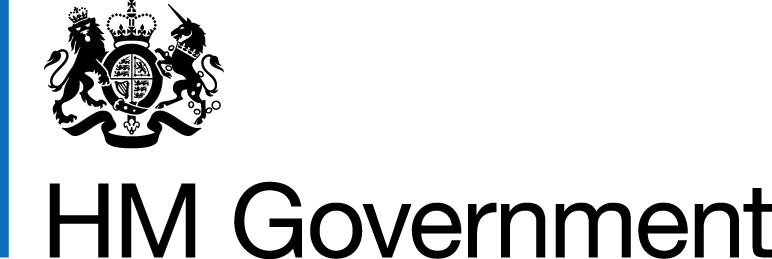Big Data Event: Is sharing caring?

Smartline is sponsoring an upcoming event on Big Data. If you would like to attend the event and participate in the discussion please register here.
Health is important to us. The places we live and the people around us have a strong influence on how well we can live our lives.
Research about public health has been used to provide us with safe drinking water, combat air pollution, and identify the dangers of smoking. This research relies on having good quality information, or ‘data,’ and interpreting these data carefully.
Through digital technologies, we are now able to collect more data than ever before. As well as improving the ways we collect and manage health data, these technologies collect information about many other aspects of our daily lives. Data are collected from our mobile phones, from social media, from supermarket cards and credit cards, often without us realising. It has been estimated that 90% of all the data in the world was generated in the past two years.
This information explosion is often described as ‘Big Data.’
A lot of the data is being collected by big companies who use them to target us with advertising, manage our credit and other ratings, and monitor our activities. Often these data could be also used to help us investigate and improve public health. For instance, tracking information from mobile phones can help us decide where to site and how to design parks so they encourage more people to walk and play in them. Individuals and organizations traditionally marginalised in the conduct of health research, including patient groups, are also seeing that there are opportunities to benefit from the use of ‘Big Data’.
Traditional health research is tightly regulated, to protect us from being the subjects of experiments without knowing. These ethics regulations often impose many checks on the ways that researchers can use data about a person. The standard has long been that the person has to specifically understand and agree to participate in the study and the consequent use of their data. At the same time and understandably, people are often anxious about sharing data about their health, particularly if they are not clear how these data will be used.
What are the acceptable uses of ‘Big Data,’ especially health data gathered from other sources such as social media? Who should be able to access these resources? What should they be able to use the data for? Who should manage these processes? We would like to start a conversation with people in Cornwall and the South West about these and other questions.


